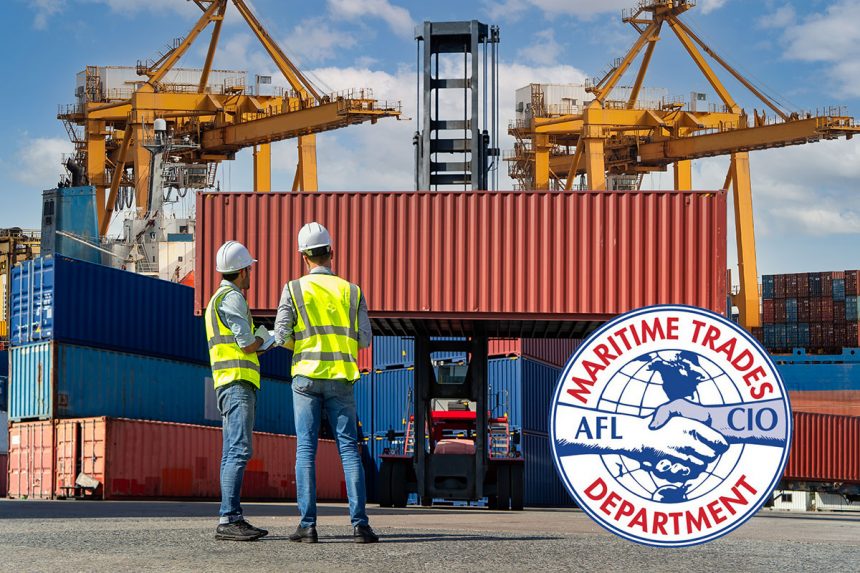One of the nation’s leading maritime journals stood up for the PL-480 “Food for Peace” program in an October 25 editorial by telling Congress, the administration and others: “If it ain’t broke, don’t fix it!”
Responding to repeated efforts to restructure this critically important program as well as to a recent opinion piece in the Washington Post, Tony Munoz, publisher and editor-in-chief of the Maritime Executive, noted that the program “has worked remarkably well for nearly 60 years, feeding more than three billion people in 150 countries and responding to natural disasters like hurricanes and earthquakes.”
A cornerstone of American foreign policy since 1954, the program has, according to Munoz, “paid such huge dividends in terms of saving lives and promoting America’s interests abroad.”
Even so, the Obama administration has consistently underfunded program. Moreover, it has restructured Food for Peace so that 45 percent of all aid authorized under it is dispensed in a cash-voucher system.
Promoting the U.S.-flag merchant marine and American agricultural products – industries that are critically important to U.S. security and economic interests – are an important part of what has made Food for Peace so successful. As Munoz stressed, PL-480 “helps support a U.S. deepwater merchant fleet …yet is essential to the nation’s national security, transporting military materiel and troops in time of war. These ships participate in the Maritime Security Program, which provides the Defense Department with access to billions of dollars in floating assets when needed.
“General William Frasier III, head of the U.S. Transportation Command, calls the U.S. merchant marine ‘the fourth arm of defense’ and considers it of ‘critical importance to the Defense Department.’”
Munoz pointed out many of the arguments being made by opponents just aren’t true. They contend, if it weren’t for the ‘buy-American rule’ for food, that U.S. Agency for International Development (the agency in charge of dispensing this foreign aid) could purchase supplies from “’the cheapest, most convenience source – possibly in Africa.’
This is the height of disingenuousness.”
Munoz added, “While the African subcontinent has a diverse ecosystem, only about 10 percent can be used for agriculture. There’s a reason millions of people are starving in Africa – there’s not enough food. It’s not like you can go down to the local Safeway and purchase the goods right there and distribute them to the needy.
“Most of the countries receiving food aid cannot grow enough food to feed their hungry. If you cannot purchase the food locally, you have to purchase it on the world market. It then has to be transported to where it is needed. We are back to square one.”
Munoz related the origins of P.L. 480 as having a distinguished bipartisan degree. Established by President Eisenhower in 1954 under the Agricultural Trade Development Act, it was renamed “Food for Peace” in 1961 by President Kennedy.
As Kennedy so eloquently put it: “Food is strength, and food is peace, and food is freedom, and food is a helping hand to people around the world whose good will and friendship we want.”

